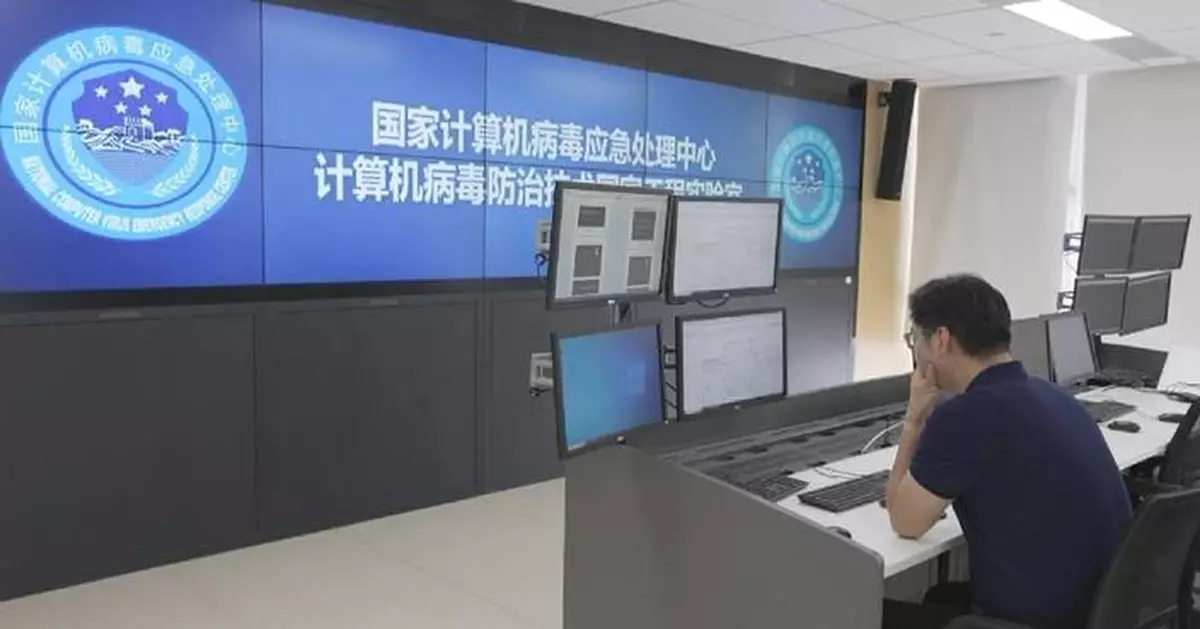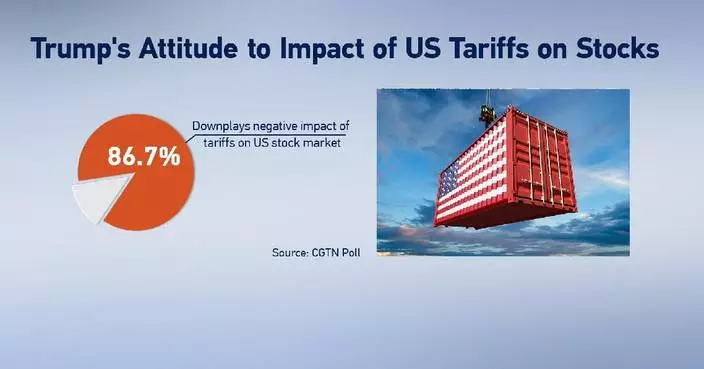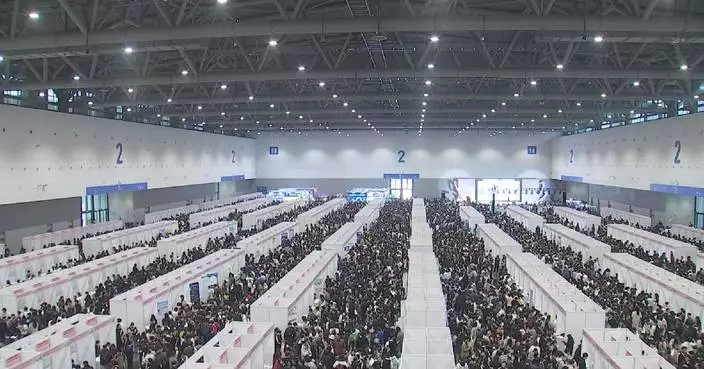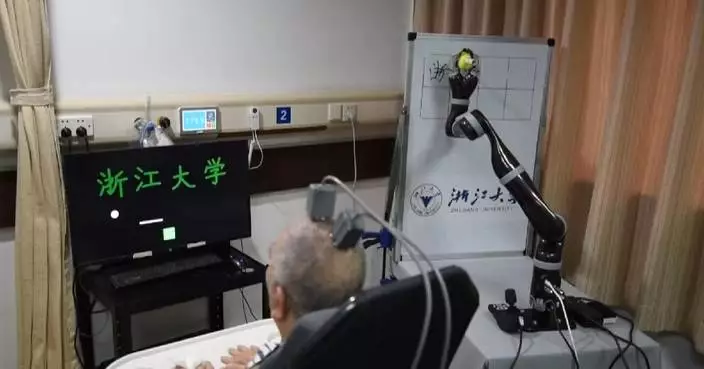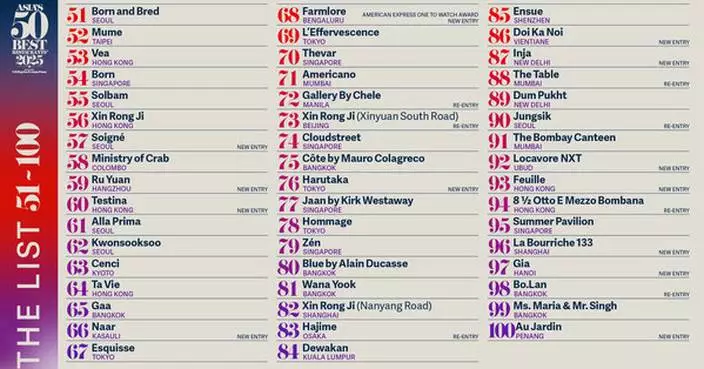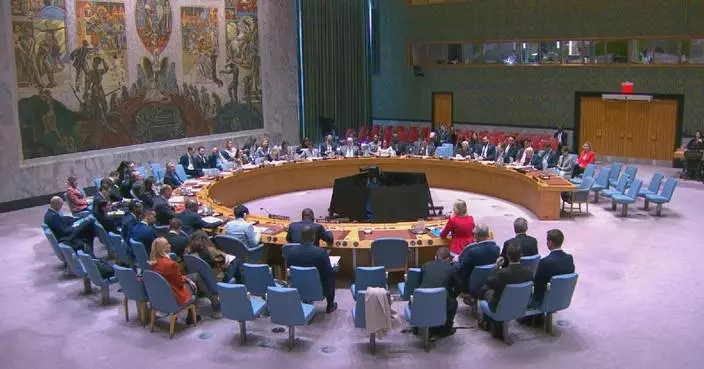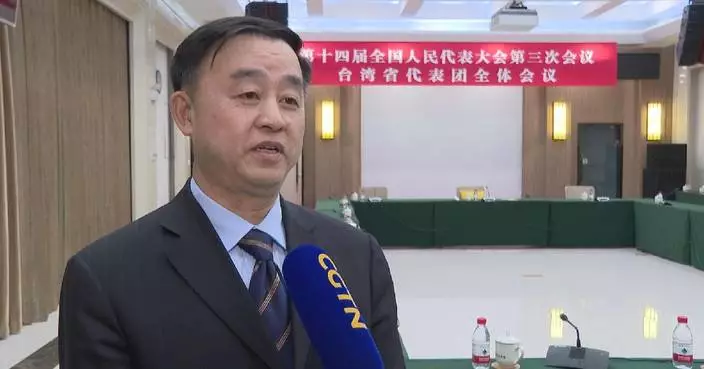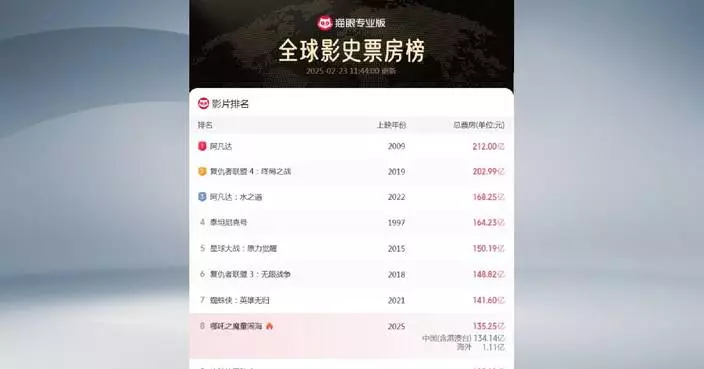The so-called "Volt Typhoon" cyber threat narrative is a campaign of misinformation and public opinion manipulation by the United States to smear China, said network security experts.
The so-called "Volt Typhoon" was initiated at the beginning of 2023 or even earlier, with the aim to further consolidate and strengthen the network penetration capabilities of U.S. intelligence agencies, particularly by enhancing their ability to attack external targets and deter rivals, as well as their ability to monitor and control the domestic population, according to a report.
U.S. intelligence agencies have fabricated and hyped up "cyber threat from China" with an intention to push for the authorization of Section 702 of the U.S. Foreign Intelligence Surveillance Act, a law that allows warrant-less surveillance, and tout more budgets from the U.S. Congress, according to the findings.
In May 2023, the United States and its "Five Eyes" allies released an advisory, claiming that a hacker they labeled "Volt Typhoon" had launched espionage activities targeting U.S. key infrastructures and the organization was endorsed by the Chinese government.
In response, China's National Computer Virus Emergency Response Center and other technical teams launched a traceability analysis and issued an investigation report in April.
A new report by the team revealed that "Volt Typhoon" is a typical misinformation maneuvered by U.S. intelligence agencies and joined by anti-China U.S. politicians and cybersecurity authorities of the "Five Eyes" countries.
"The Section 702 allows American intelligence agencies and law enforcement agencies to ask network operators, such as Google, Apple and Microsoft, to provide them with all users' personal data unconditionally without a court warrant. For example, the famous PRISM Project exposed by Edward Snowden in 2013, which is a large-scale network monitoring plan. This act is also an important legal basis for American intelligence agencies and law enforcement agencies and the U.S. government to maintain their network hegemony," said Du Zhenhua, senior engineer at the National Computer Virus Emergency Response Center.
The plan consisted of three phases with clear objectives to push for the reauthorization of Section 702.
On April 19, the U.S. Senate approved the reauthorization with a vote of 60-34. This reauthorization extends the surveillance authority for two more years, allowing the U.S. government to continue collecting communications of non-Americans located outside the country without a warrant.
Data revealed that from May 2023 to January 2024, U.S. government-backed hacking organizations waged over 45 million cyber attacks — all authorized by Section 702 — against Chinese government entities, academies, scientific research institutions, enterprises and critical infrastructures.
Calling the U.S. government agencies the mastermind behind the "Volt Typhoon," the report described such a move as an inevitable product of the international hegemonism that the United States strives to maintain.
"We have summarized that they have three main purposes. The first is to continue to hold power and strive for its political interests and economic interests for interest groups. The second is to unjustly suppress certain Chinese enterprises under the pretext of national security, thereby forcing them to relinquish market share to American enterprises. The third is to smear and isolate China, and to politically and economically hinder its development," said Du.
The report said similar plans to "Volt Typhoon" will continue to be devised and implemented by the next U.S. government agencies. Under the control of U.S. intelligence agencies, American cybersecurity companies will fabricate more false narratives of "foreign government-sponsored cyber attacks," continually deceiving Congress into approving more budgets and increasing the debt burden on American taxpayers.
"In fact, the United States, whether it's the National Security Agency or the Central Intelligence Agency, possesses the most potent cyber attack capabilities among all the organizations we monitor. They have been attacking and infiltrating the networks of many countries, including China, for a long time. Therefore, publishing such a report (Volt Typhoon) is akin to providing justification for their reauthorization of Section 702 and supporting their conduct of cyber attacks on other countries," said Zhou Hongyi, CEO of the Internet security company Qihoo 360.
The report said Section 702 poses serious threats not only to Americans, but also to countries around the globe in terms of state sovereignty and individual privacy.
It called on governments and people around the world to firmly oppose and resist the U.S. act of making use of its advantage in cyber-technology to compromise other countries' sovereignty and the legitimate rights and interests of other peoples.
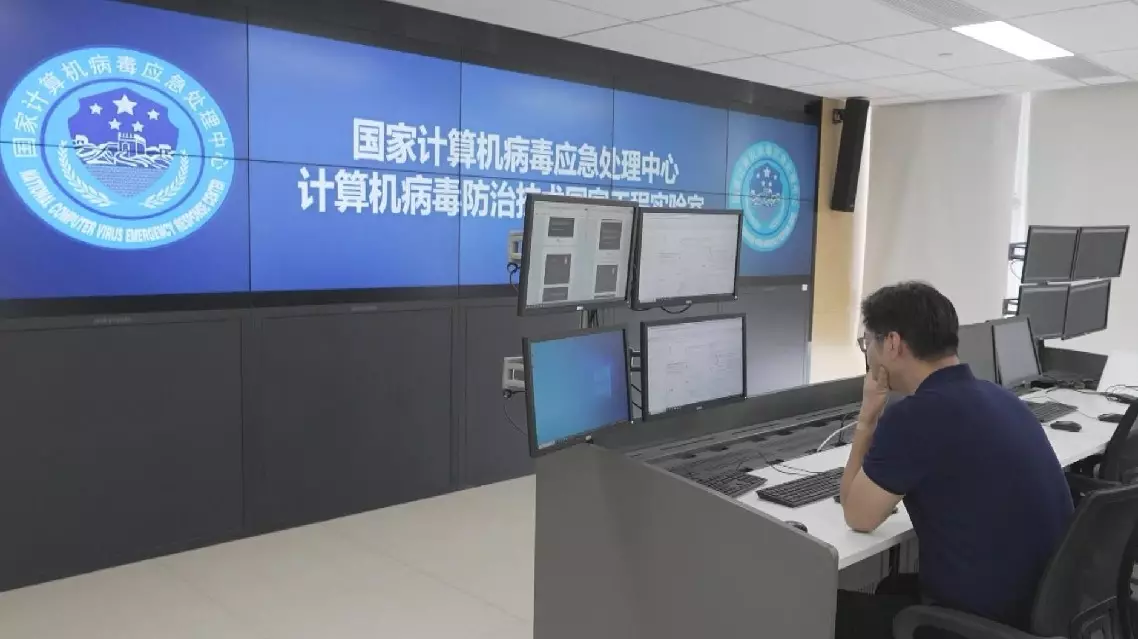
US so-called "Volt Typhoon" actually misinformation campaign to smear China
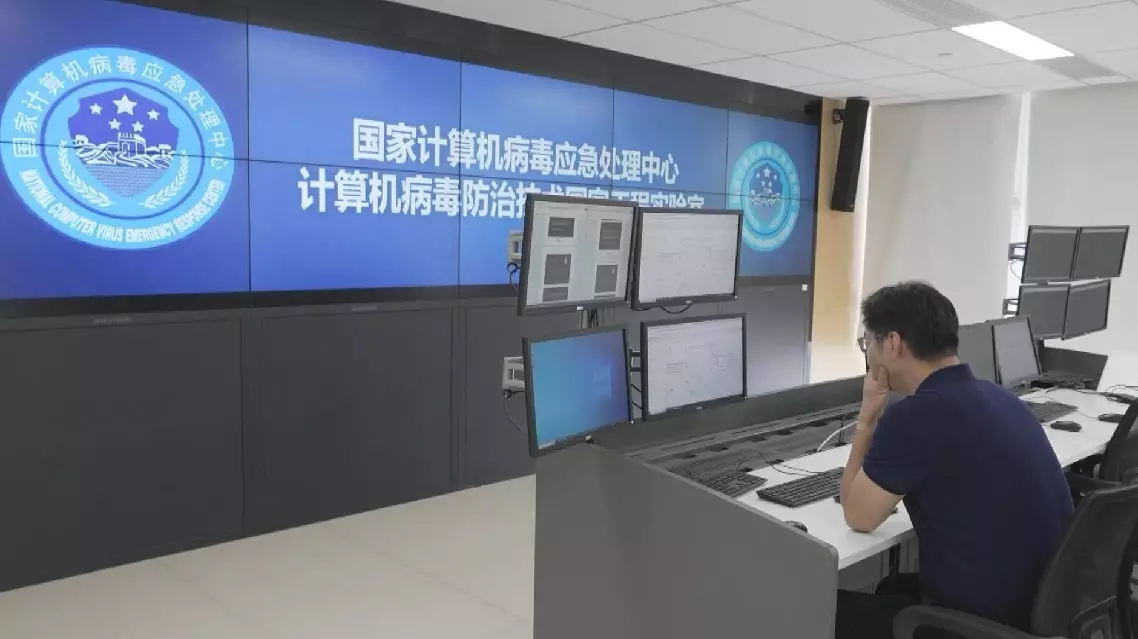
US so-called "Volt Typhoon" actually misinformation campaign to smear China


